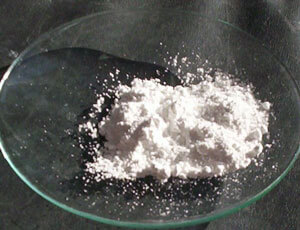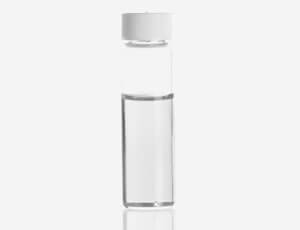- Over-the-Counter Drugs
- Prescription Drugs
GHB is classified as a Schedule I Drug by the DEA
- The drug has a high potential for abuse.
- The drug has no currently accepted medical treatment use in the U.S.
- There is a lack of accepted safety for use of the drug under medical supervision.
What is GHB?
GHB (Xyrem) is a depressant approved by the FDA in 2002 for limited use in the treatment of narcolepsy. GHB is also a metabolite of the inhibitory neurotransmitter gamma-aminobutyric acid (GABA). It exists naturally in the brain, but at much lower concentrations.
Common names include Easy Lay, G, Georgia Home Boy, Goop, Grievous Bodily Harm, Liquid Ecstasy, Liquid X and Scoop.
How is GHB abused?
GHB is known as a date-rape drug. Combined with alcohol, GHB is given to unsuspecting victims prior to sexual assaults. Because it can physically and psychologically incapacitate users due to its sedative effects, victims are then unable to resist sexual assault. GHB may also induce amnesia.
GHB and its substitutes are also abused for their euphoric and calming effects and misused for their ability to increase libido, suggestibility, passivity and to cause amnesia. GHB has been theorized to impact protein synthesis and, as a result, it is used by body-builders for muscle building, fat reduction and weight loss.
GHB abuse became popular in the 1990s at dance clubs and raves, where it gained notoriety as a date rape drug. GHB is either taken alone or in combination with alcohol, depressants, stimulants, hallucinogens and marijuana.
How does GHB affect a person?
GHB’s effects include euphoria, drowsiness, reduced anxiety, confusion and memory impairment. GHB can also produce visual hallucinations and excited or aggressive behavior. It greatly increases the effects of alcohol and other depressants on the central nervous system. It can also increase libido, suggestibility and passivity.
GHB takes effect in 15 to 30 minutes, and the effects can last four to six hours. Low doses of GHB produce nausea.
At high doses, GHB can result in unconsciousness, seizures, slowed heart rate, greatly slowed breathing, lower body temperature, vomiting, nausea, coma and death. Regular use of GHB can lead to addiction.
What are the health effects/risks of using GHB?
GHB can be addictive if used repeatedly. Withdrawal can be severe and incapacitating, and effects may include insomnia, anxiety, tremors, psychotic thoughts, increased blood pressure/heart rate and sweating. Combined use with alcohol, other sedatives or depressants may result in nausea, vomiting and dangerous central nervous system depression. High doses of GHB, even without other substances, may result in profound sedation, seizures, coma, severe respiratory depression and death.




